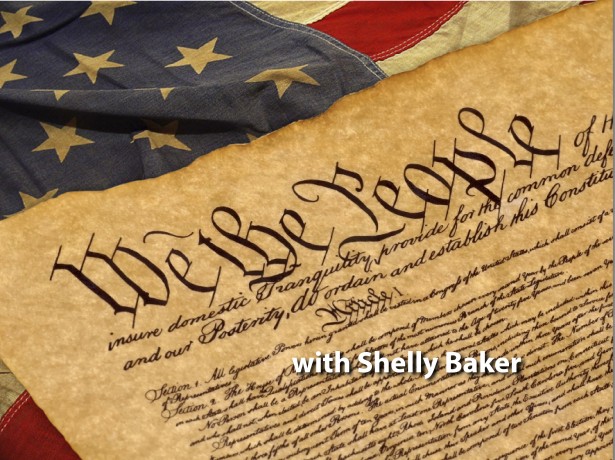
Our country began in debt. In 1776, the most important task facing the Founders was to win the Revolutionary War. If they had lost, the leaders would have been executed for treason. As Benjamin Franklin said “We must all hang together, or assuredly we shall all hang separately,” As we have all seen over the past decade, wars cost money, and the Revolutionary War was no different, in order to win, our Founding Fathers had to borrow, and they borrowed heavily.
In 1789, the U.S. Treasury Department was formed, and Alexander Hamilton was appointed as the first Treasury Secretary.
Hamilton believed that since the Revolution had provided for the common defense, which was one of the prime enumerated powers of the newly formed government, then the national government should be responsible for the cost and he convinced Congress to assume all state debt that remained from the Revolution. Congress agreed and allowed Hamilton to issue federal bonds to cover the new national debt, which was approximately $77 million. This consolidated the debt and allowed the federal government to make interest payments on time and build credit.
Hamilton liked this idea because he felt that if we showed that we would honor our debt and make timely payments, we would begin to build a positive reputation in the world. Hamilton said “A national debt, if it is not excessive, will be to us a national blessing.”
The value of the new federal bonds quickly increased, and helped move the country toward the commercial republic Hamilton hoped it would become. Of course, it was also crucial to cut spending. That happened quickly, and by 1793, the government showed its first budget surplus.
That is not to say that the debt was paid off, it wasn’t, it only meant that our expenditures, which included payment on our debt, were less than our revenues.
It is also important to note that this does not mean that Hamilton was in favor of the kind of debt we have today, he believed debt should be limited and controllable, regarding the county’s finances Hamilton remarked that they should “be remoulded into such a shape as will bring the expenditure of the nation to a level with its income,” and “Till this shall be accomplished, the finances of the United States will never wear proper countenance.”
Thomas Jefferson, then serving as Secretary of State, vigorously opposed Hamilton’s plan. Jefferson wanted strict limits on how much the government could borrow and for how long. He also believed that if you were going to borrow, you needed a plan for how to pay it and a date of when it would be paid off. Jefferson said ”It is a wise rule and should be fundamental in a government … never to borrow a dollar without laying a tax in the same instant for paying the interest annually, and the principal within a given term.”
So, whereas Hamilton believed that we could always carry a balance as long as it was controlled and we maintained a balanced budget, Jefferson believed we should only borrow when necessary and should always have a plan to pay it off.
Jefferson had his chance to pay down on the debt when he was President and managed, along with his Secretary of the Treasury, Albert Gallatin, to get the debt down to $45 million, and that while spending $15 million on the Louisiana Purchase. He did so however, at the expense of the military. Jefferson was of the opinion that in the event of a military conflict, the citizens would rise up as they did during the Revolution and so he allowed the Navy to be mothballed and reduced the size of the Army, which left the U.S. ill equipped for the War of 1812 and the national debt soared to over $100 million by 1815.
Balancing taxing and spending has always been a struggle for Congress, and the national debt has always been a hotly contested issue, but whether you favor Hamilton’s plan or Jefferson’s, it is certain that neither of them would have approved raising the debt ceiling as a solution.
Our Founders wanted to pass along a prosperous nation and they understood that to do so meant controlling spending and borrowing.
In the words of George Washington, “No pecuniary consideration is more urgent, than the regular redemption and discharge of the public debt.”
 Parker Live News from the Parker Strip since 2009.
Parker Live News from the Parker Strip since 2009.



